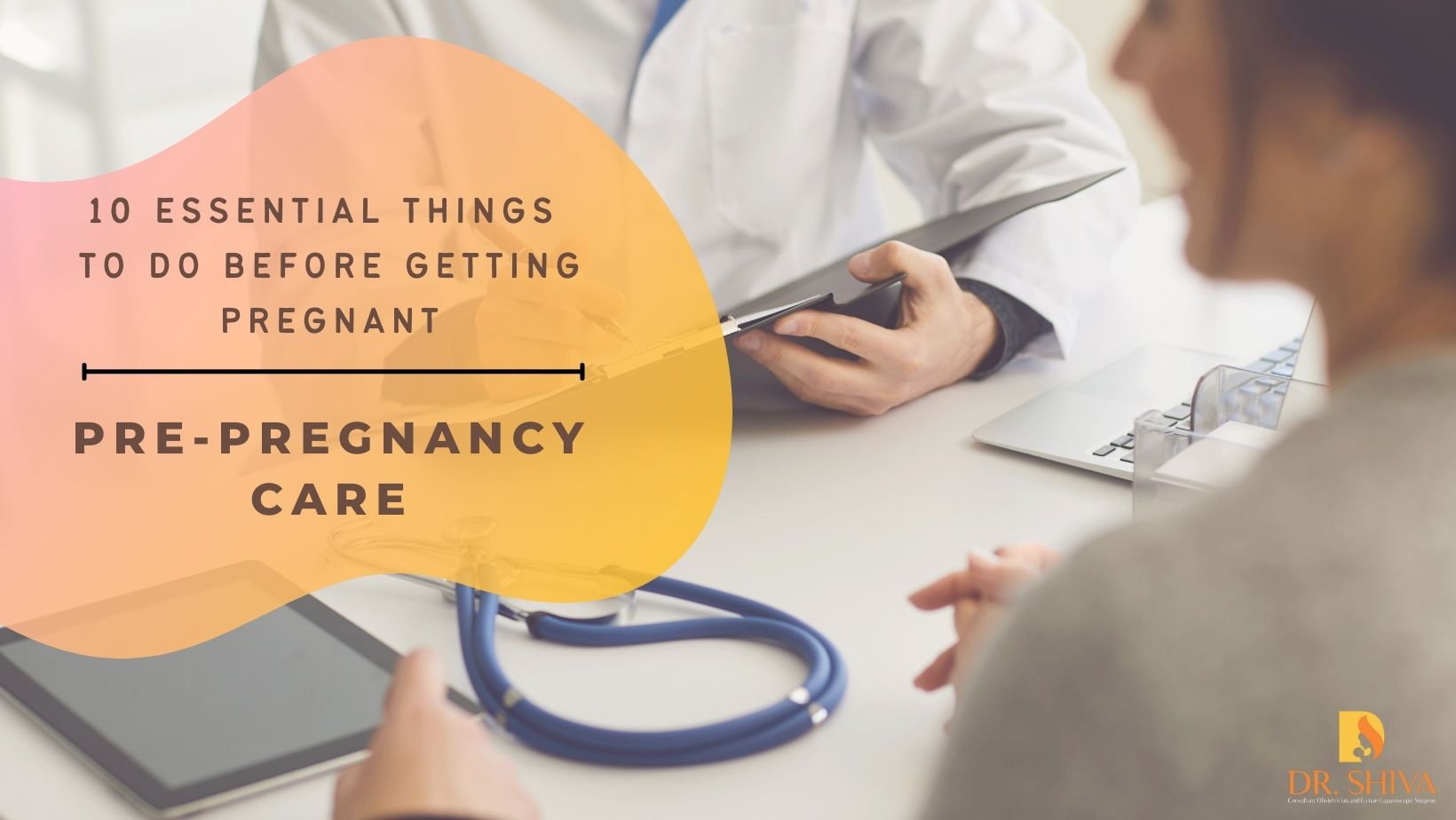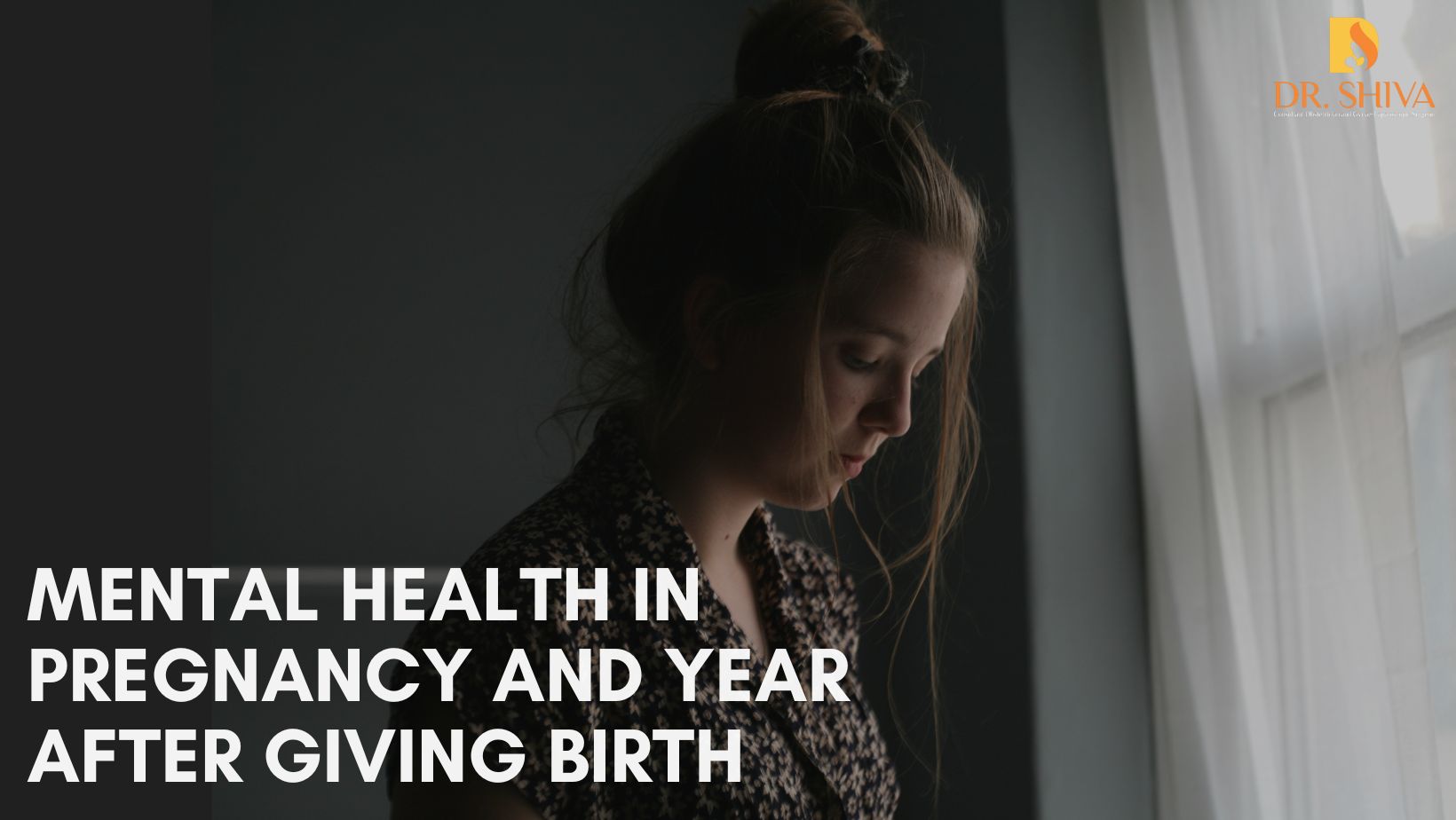
Pre-pregnancy care is the first step toward having a healthy pregnancy. This is of prime importance because it is in the first 8 weeks that the organs of the foetus develop.
The doctor will want to know your medical history and if you are on any medications. This is because some of the medications may not be suitable for pregnancies, and it may be necessary to lower the dose or have alternative medicine. The doctor will also check the patient for STI(sexually transmitted diseases) and if found suggest treatment options for it.
Pre-pregnancy care will help find issues, if present, that may affect your pregnancy and help take steps accordingly that can reduce or prevent any risks associated with pregnancy.
What steps should I take to ensure that I have a healthy pregnancy?
1)Have a healthy diet that has a proper mix of all vitamins, nutrients, and minerals.
2)Start taking prenatal medicines at least a month to three months before getting pregnant and it is necessary to continue them during the first 12 weeks of pregnancy. Include vitamin tablets that have folic acid and iron in them.
3)Regular exercise – Try following a routine to exercise for at least 30 mins for five days a week.
4)Avoid alcohol, smoking and drugs. They can cause serious issues such as birth defects, stillbirth, preterm birth, or low birth weight.
5)Bring your weight under control as being under or overweight may affect your pregnancy.
- Obesity can cause gestational diabetes, high blood pressure, preeclampsia, and preterm birth. It can increase the risks of macrosomia and birth defects.
- Being underweight can increase the risks of having a preterm birth or having a baby with low birth weight.
6)If there were any issues in your previous pregnancy, there is an increased chance for them to occur in a future pregnancy. Inform your doctor about them.
7)If you have any chronic medical issues like high blood pressure, seizures, depression, eating disorders, etc, you will have to mention it to your doctor as these conditions can pose a risk to the fetus. It doesn’t mean that you cannot have a healthy pregnancy, but proper care before pregnancy can lead you to a path to having one. The doctor will also suggest specialized care during pregnancy.
8)Vaccinations – it is necessary to take some vaccinations before or when pregnant as certain infections can affect the foetus and vaccinations help prevent them. These include vaccines for influenza and tetanus. Some may vary based on the country you live in.
9)Doctor may suggest meeting a dentist to ensure there is no gum disease or if any treatment is necessary.
10)Finally stay mentally healthy. If you are constantly having thoughts that keep you worried, sad or stressed and they have started affecting your day-to-day life consult with your doctor and get help.
Partner’s role in a healthy pregnancy –
Your partner’s sperm quality is important. Diet and lifestyle have an important effect on sperm health and count. Your partner shouldn’t smoke in your presence as second-hand smoke can result in SIDS(sudden infant death syndrome). Your partner should avoid drugs, alcohol or smoking as they can affect the sperm quality.
Focus on your health at least 3 months before planning to get pregnant. Take a pre-pregnancy check-up and make sure you go for all the follow-up check-ups with the doctor. For more details on pre-pregnancy care kindly contact us.


Recent Comments